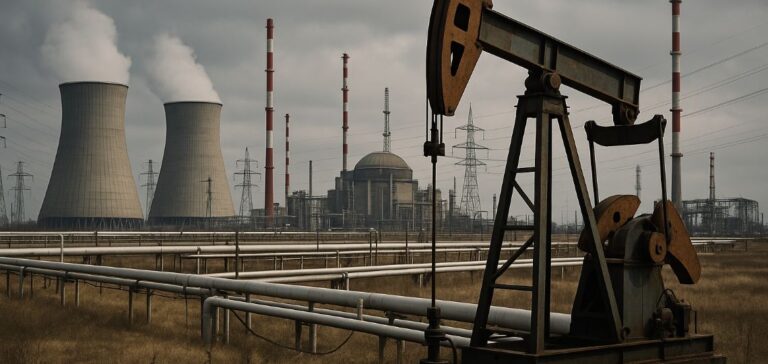Russia and Iran announced that they expect a significant increase in their trade relations following the entry into force, scheduled for May 15, of their new free trade agreement. This agreement is part of a strategic treaty signed in January and ratified by Moscow at the beginning of April.
Russian Minister of Energy Sergei Tsivilev stated that the agreement “opens new horizons for cooperation and offers significant opportunities for trade between our countries” following a Russian-Iranian intergovernmental meeting on trade cooperation.
A trade potential boosted by international sanctions
In 2024, bilateral trade amounted to $4.8 billion, according to Sergei Tsivilev. He added that the commercial potential between the two countries “is much greater” than the current volume. Iranian Minister of Petroleum Mohsen Paknejad said that trade “will multiply several times” thanks to the agreement.
Russia and Iran, both under international sanctions, have strengthened their economic and strategic ties in recent years, especially since Russia’s military intervention in Ukraine in February 2022. The two countries, whose relations with Western powers remain tense, have increased their cooperation initiatives with Beijing and Pyongyang.
Energy development and civil nuclear projects
During the Moscow meeting, Russian and Iranian officials discussed the continuation of Russian companies’ operations in Iranian oil and gas fields, according to Mohsen Paknejad. Discussions also covered the use of Iranian territory for the transit of Russian oil and gas.
Cooperation in the field of civil nuclear energy was also addressed, including the construction of new nuclear power plant blocks, although few details were made public. Iran, which claims to be developing its nuclear programme solely for civilian purposes, remains at the centre of diplomatic discussions with the United States, conducted under Omani mediation.






















